Way back when I wrote this post (and thank you so much for your overwhelmingly kind response to it), I promised you a follow-up post with my personal best tips for managing anxiety.
Anxiety isn’t something that ever totally goes away, but it can significantly vary in its intensity and the effect it has on your life. Having gone through a period of crippling debilitating anxiety that prevented me from enjoying much of life or feeling like myself for about a year, I eventually developed a series of tactics to help me manage my anxiety better. Some of these are actionable and physical, while others are more of a mindset shift. I’ll take you through all the major steps that helped me in my journey, and continue to help me to this day to both prevent and manage recurrences.
I would love if you could share in the comments some of your personal methods of dealing with anxiety. We can all learn from each other!
Talk to Someone
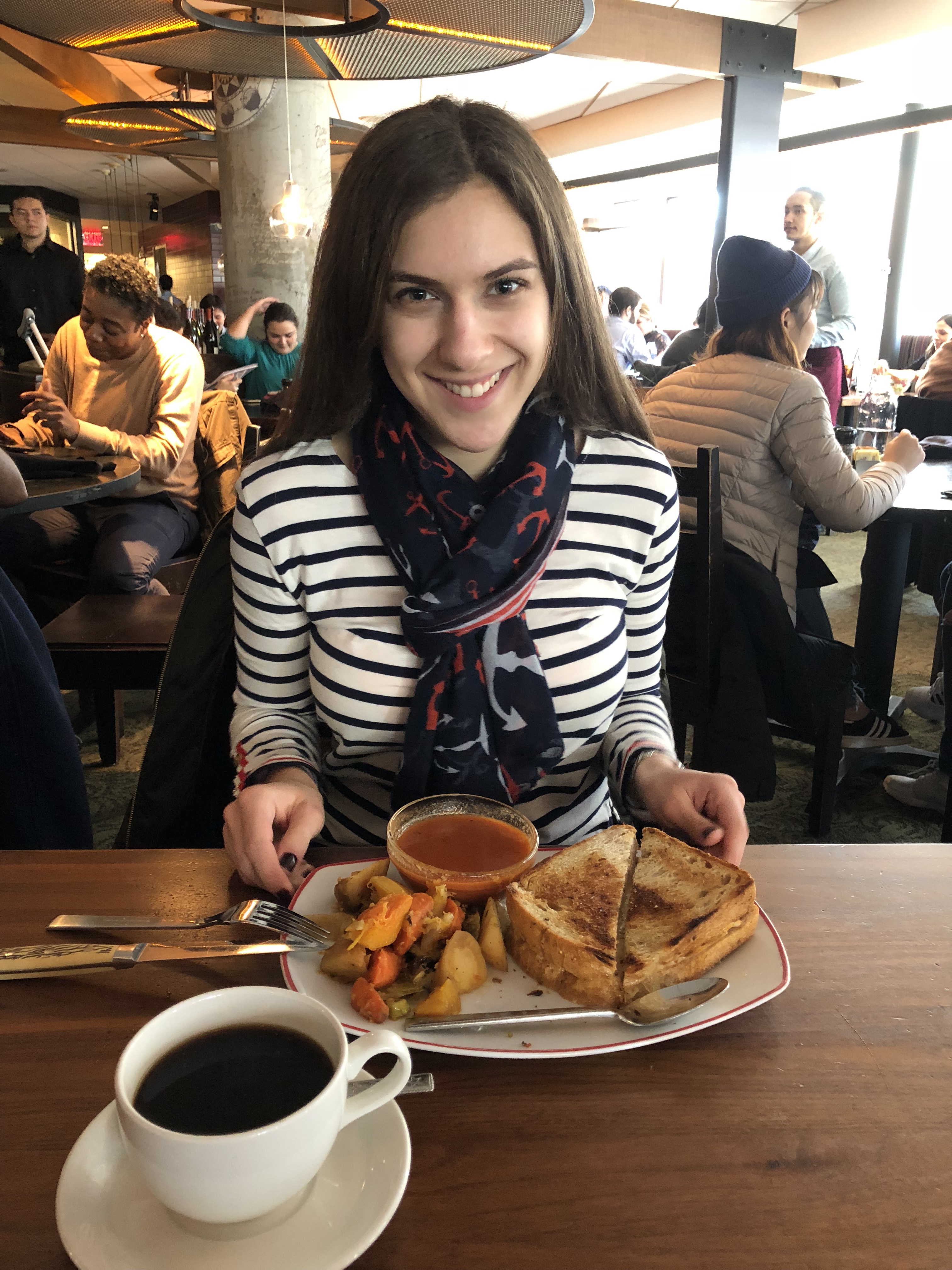
Talking it out proved to be one of the most important things for my mental health throughout my life. When I first got my anxiety at 13 and had absolutely no idea what was going on with me, I told my mom everything. All the fears, the intrusive thoughts, the constant knots in my stomach. She never judged or made me feel like something was wrong with me, but she did encourage me to talk to a therapist.
I saw my therapist for around 8 months, which was helpful for understanding myself and my anxiety better. She taught me some tactics, but for the most part, I ended up arriving at the best self-soothing methods for me by myself. At the end of the day, only you have the tools to truly help yourself, but it really does help to have a listening ear.
These days, when I’m feeling particularly anxious, stressed, or overwhelmed, one of my major coping tools is still talking to someone. Whether it be a mentor on campus or my mom or my best friend, talking it out really gets the gunk out and helps filter through what’s real and what’s not worth worrying about. Sometimes it takes someone you trust saying you’re being ridiculous for you to truly believe it. At the same time, it’s important not to cross over into just dumping everything out onto a loved one and using them as your sole support network. Your people should be supplements to your own self-care, but the goal should be discovering how YOU can help you; that way, you’ll be okay even if you find yourself alone in a trying moment.
Journal
Ahh my favorite. I mean, y’all knew this was coming right? Look I’ve already talked your ear off about journaling (just put it in the search bar, and you’ll see). But okay, since this is a dedicated post, I’ll do it just once more. You might think journaling is “not for you,” that it feels forced or awkward, or you have nothing to write about.
Trust me, it’s supposed to be challenging. At least at first. What motivated me to write in my journal at first was simply that it was a Gryffindor notebook and I decided to start every entry with Dear Gryffindor. My goal was to write in it every single night, even if just a few sentences, and I’m happy to say I’ve upheld this goal for the past 7 years. I would not have stuck with it for that long if it wasn’t effective.
Similarly to the previous one, journaling helps clear out the gunk. Think of it as housekeeping for your mind. Getting thoughts out on paper helps you come to terms with them and let go. And since no one is going to read it, your journal is where you can really be your most vulnerable and true self, even more so than with most loved ones.
At first, you might just be writing about your day, or what you ate for breakfast, or what Brenda told you over coffee. But eventually, when it feels natural, some deeper thoughts are going to make it out onto the page, and I promise you’ll be blown away by some of the self-discoveries you’ll make this way. I credit 90% of my self-awareness to my journaling habit, and it’s also just fun to be able to look back on old entries and see what I used to think about.
Reframe and Visualize
This one is a little more meta, but bear with me because it was legitimately one of the most important things I ever did for my mental health. I remember reading tons of articles about anxiety when I first found myself consumed by it, trying to understand it better, to find some way to separate this mental state from who I am at my core. One thing that kept coming up was that you shouldn’t look at your anxiety as something to fear or something to banish. Rather, you should look at it as something to be grateful for.
At first, this totally went over my head. I was so sick and tired of feeling the way I was, and I was so hyper-focused on just getting back to normal, that I couldn’t imagine any positive way of viewing my anxiety. Yet after seeing this message over and over, it slowly started to make sense.
Anxiety is not an inherently bad thing. It is actually a protective mechanism that our bodies use in times of danger to protect us and prime us to fight or flee a situation. Of course, for most of us who struggle with anxiety, the problem is that it comes not in times of danger, but in totally innocuous times and fills our heads with terrifying intrusive thoughts and nonsensical fears that give us the false sense of danger.
But once I remembered that anxiety is a PROTECTIVE mechanism, I stopped fearing it so much. In fact, I began to practice gratitude toward it, actively saying thank you for looking out for me. It gets even crazier…
What helped me a lot was actually visualizing this big dog sitting within my belly (the physical manifestation of my anxiety). Every time the dog would be growling or barking, my anxiety would act up, but the dog was only trying to protect me out of love and devotion. So whenever I felt my anxiety flare up, I would imagine this dog, and I would imagine calming it down, soothing it with a soft voice and a gentle hand, until it would see that there is no danger after all.
I know it sounds kind of insane, but seriously, visualization works wonders. Perhaps for you, a different image would work, but the most important thing here is don’t imagine your anxiety as something bad or hateful; rather look at it as something positive and helpful.
Distract Yourself
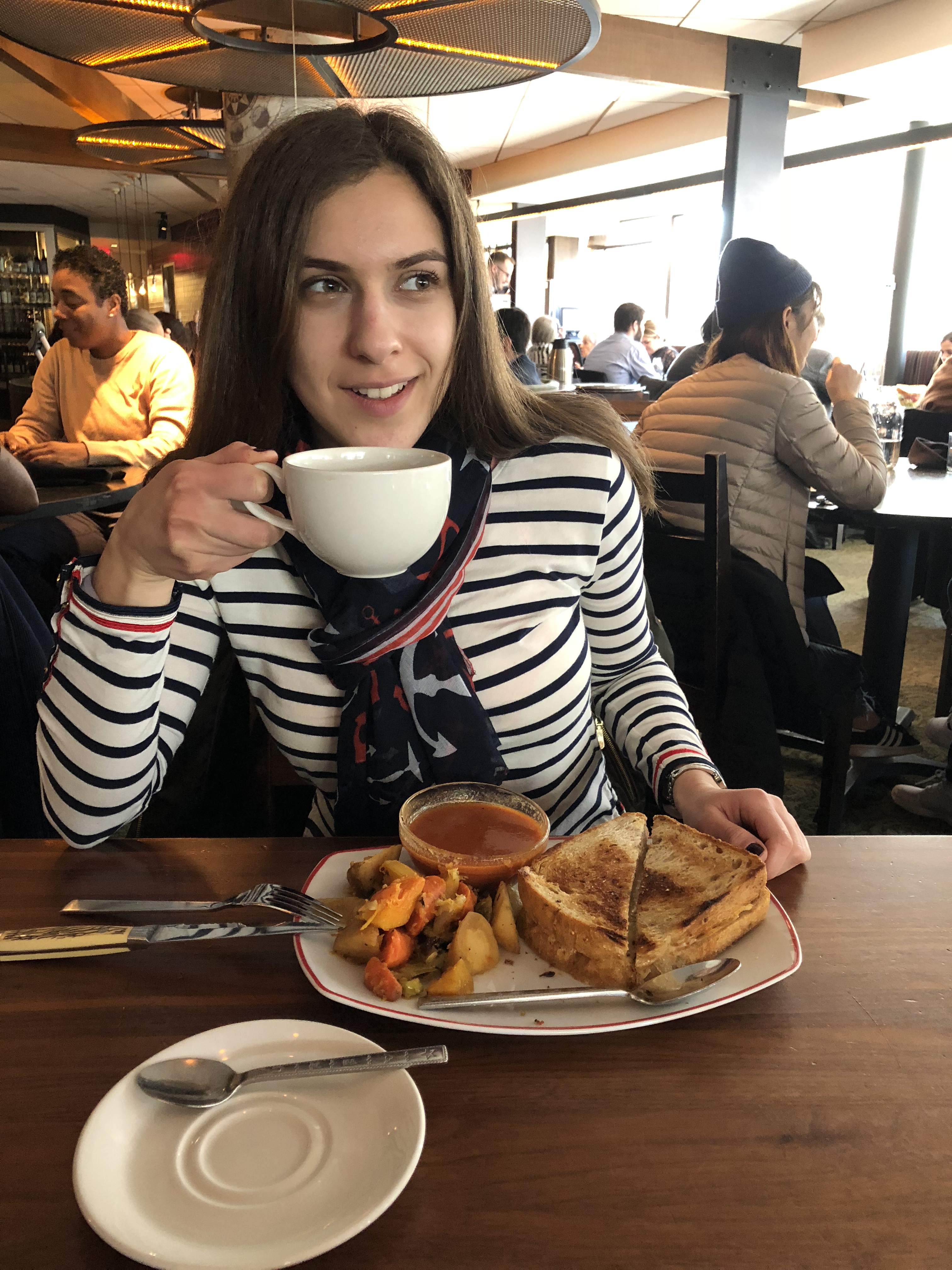
I will say right now that this is a pretty temporary fix, but sometimes that’s all we need if it’s just a small episode of anxiety. I remember when I was 13 and was going through my year of constant unceasing anxiety, I fell in love with Friends. It made me laugh when nothing else did; it gave me lives and problems to focus on that weren’t my own. It helped me imagine a future where my biggest issue would be a guy not calling me when he said he would instead of feeling like I’d forgotten how to smile.
Distractions can come in a whole variety of shapes and sizes. What worked for me were funny movies and shows (like Friends), reading Harry Potter (this was MONUMENTAL for me, and one day, I’ll write a post about how Harry Potter actually transformed my entire outlook on life), and busying myself with extracurriculars.
It was actually my mom’s suggestion that I should join a whole bunch of new clubs so that I could distract myself more easily, and I will forever be grateful for her constant support during that time. I started playing tennis, taking art classes, and singing lessons, in addition to dance classes I was already doing.
Here’s a few more that could work for you: plan some trips to new beautiful places, read fiction books, watch riveting movies (preferably funny ones), draw, paint, dance, start a project, write, sing, play. Fill your mind with the positive so that there is less space for the negative.
Move Your Body and Get Outside
I think movement is one of the most under-appreciated tools we have at our disposal. I honestly believe that adding more movement into everyone’s day will result in a happier and healthier population, not by virtue of weight loss or fat burn, but because as humans, we are designed to be active. A sedentary lifestyle is not our natural state, and when we spend most of our time seated or horizontal, we are not allowing our bodies to function most optimally.
This is not where I tell you to sign up for crazy boutique workout classes or get a gym membership. I’m not even going to tell you to work out in any organized fashion, if that isn’t right for you. Just move.
Put on your headphones, turn on a great podcast or some tunes, and just go for a walk out in nature. Preferably somewhere beautiful that will remind you how truly magical this world is.
From a personal standpoint, I must also say that endorphins are truly incredible, and I personally thrive when I regularly challenge my body and really get a good sweat on. Whenever I have a really crappy or stressful day, I find myself CRAVING a good workout session that will leave me tired and sore but in the best way. However, it’s important to know your own limits and not let your exercise become an extra source of stress. There are times when I know that getting a workout in will only make me more stressed because I already have a giant to-do list and am also exhausted from not having enough sleep. In that case, the best choice for my physical and mental health is to skip my workout and focus on rest. So make sure you’re tuning in, and also that you’re enjoying your workouts and letting yourself recuperate fully afterwards (pay attention to how you feel physically and mentally right before and during a workout).
Bonus
A couple more things I wanted to mention that I’ve found to be helpful, particularly in the past few months, are Vitamin D supplements and meditation.
I am not a committed meditator at all, and in fact, I only did it a handful of times in a structured way. However, I am a big proponent of deep breathing, especially when anxiety levels reach a peak. It’s a fantastic easy way to calm yourself down in under 5 minutes, and it really does work every single time. If you feel you would benefit from some guidance with deep breathing because you don’t think you can force yourself to be calm or focused enough in the moment, I would highly recommend downloading an app like Headspace. I tried some of the free guided meditations, and they’re honestly great and super easy to follow along with.
As for Vitamin D, I wasn’t taking it until around mid-January, and I felt a HUMONGOUS difference in my mood when I started taking it regularly. Coincidence? Perhaps. But I’ve taken one a day ever since because I know I’m prone to being deficient in it, and it’s an incredibly important vitamin for mood, immunity, and general health. I take these, and I totally recommend them for the flavor and convenience.
I hope you found these tips helpful if you’re someone who struggles with anxiety, or even if you just often deal with stress or overwhelm in your life (which if you’re a person in the world, you likely do). Like I mentioned before, anxiety is so much more common than many people realize, and there is nothing wrong or shameful about talking more about it. I’m excited to keep this conversation going, and please let me know if you would like me to talk about anything else on the topic.
I love you all, and I’m off to keep cuddling my dog and hardcore chilling out. Have a great rest of your week! <3
Linking up with Amanda for Thinking Out Loud
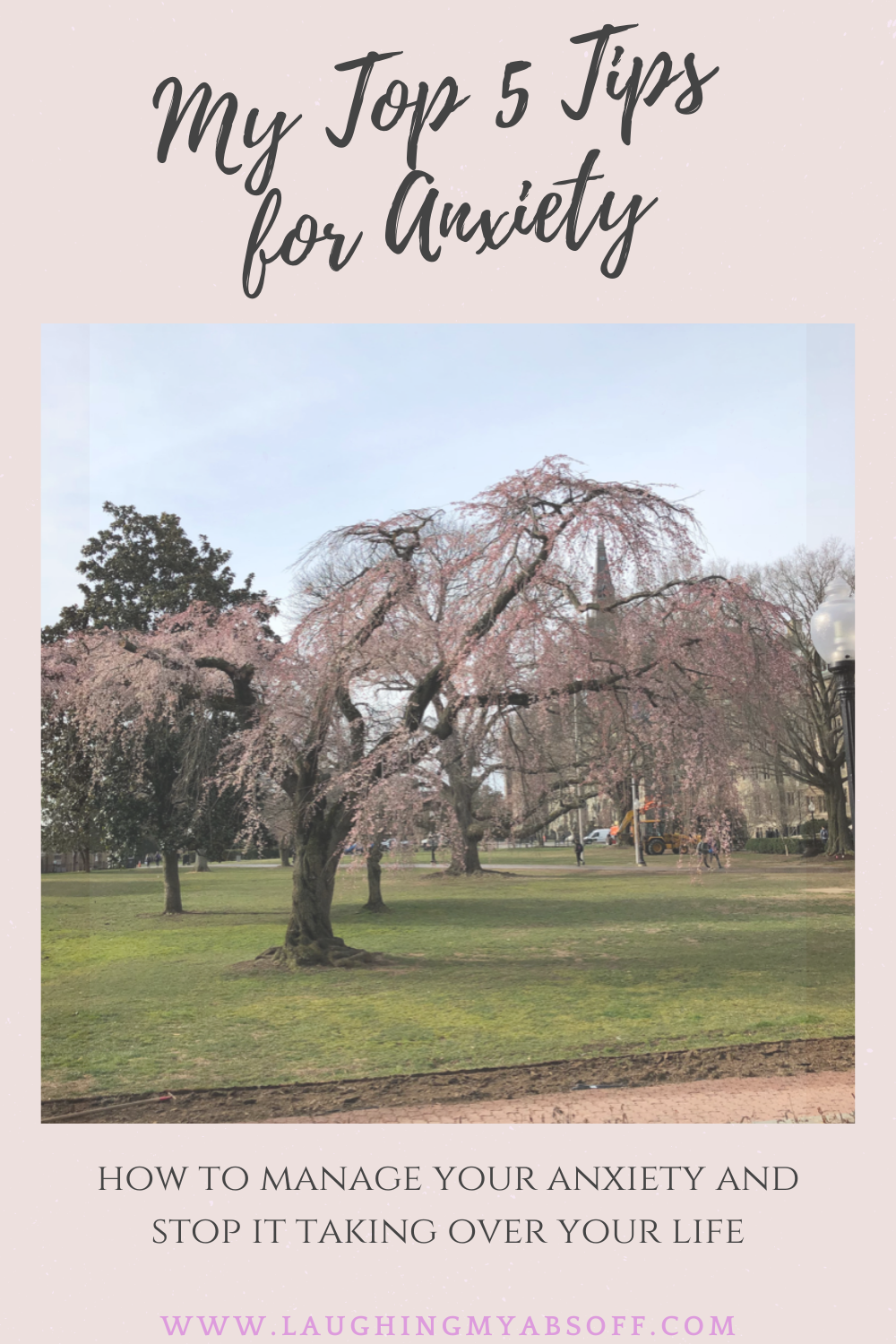
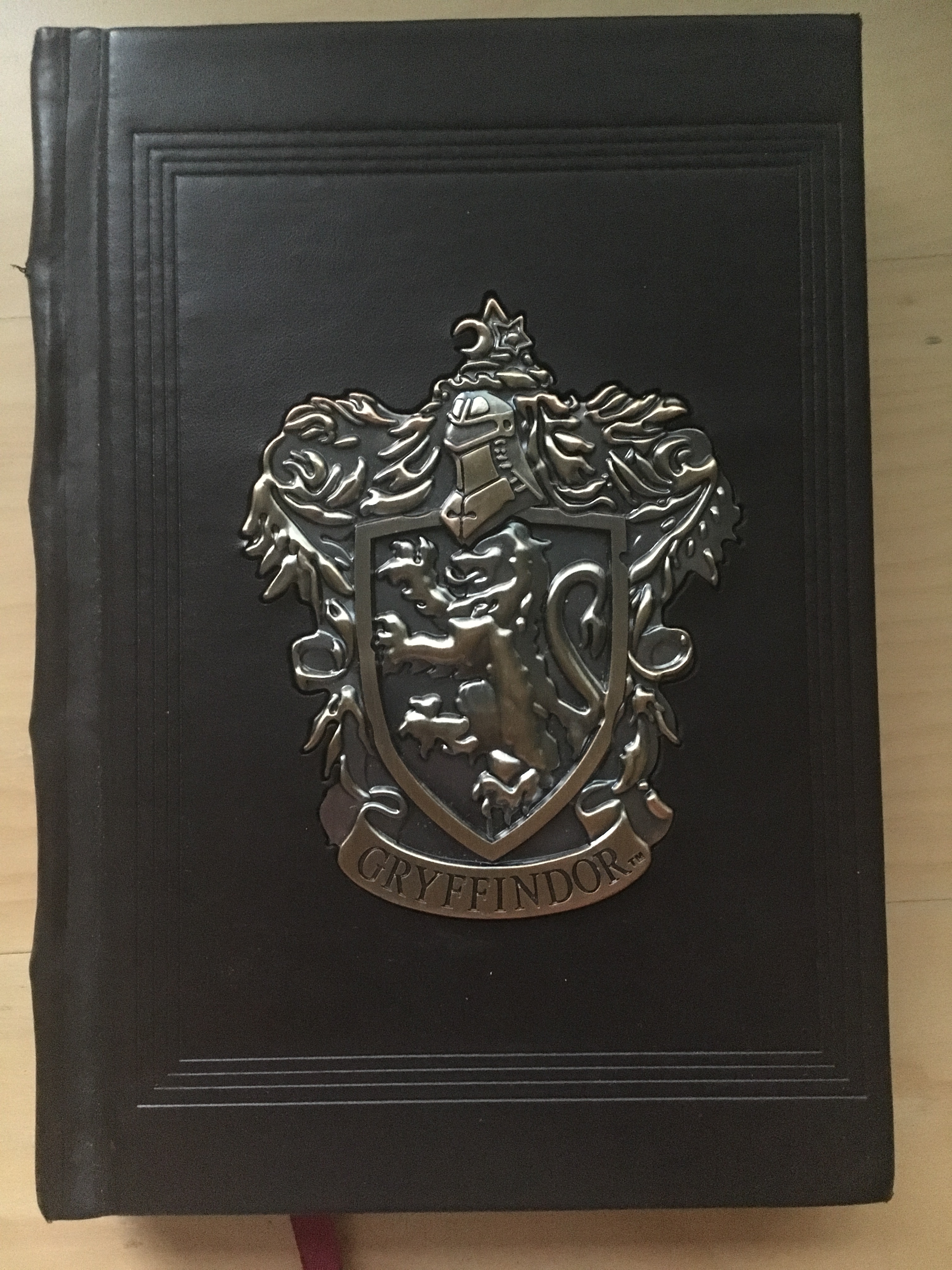
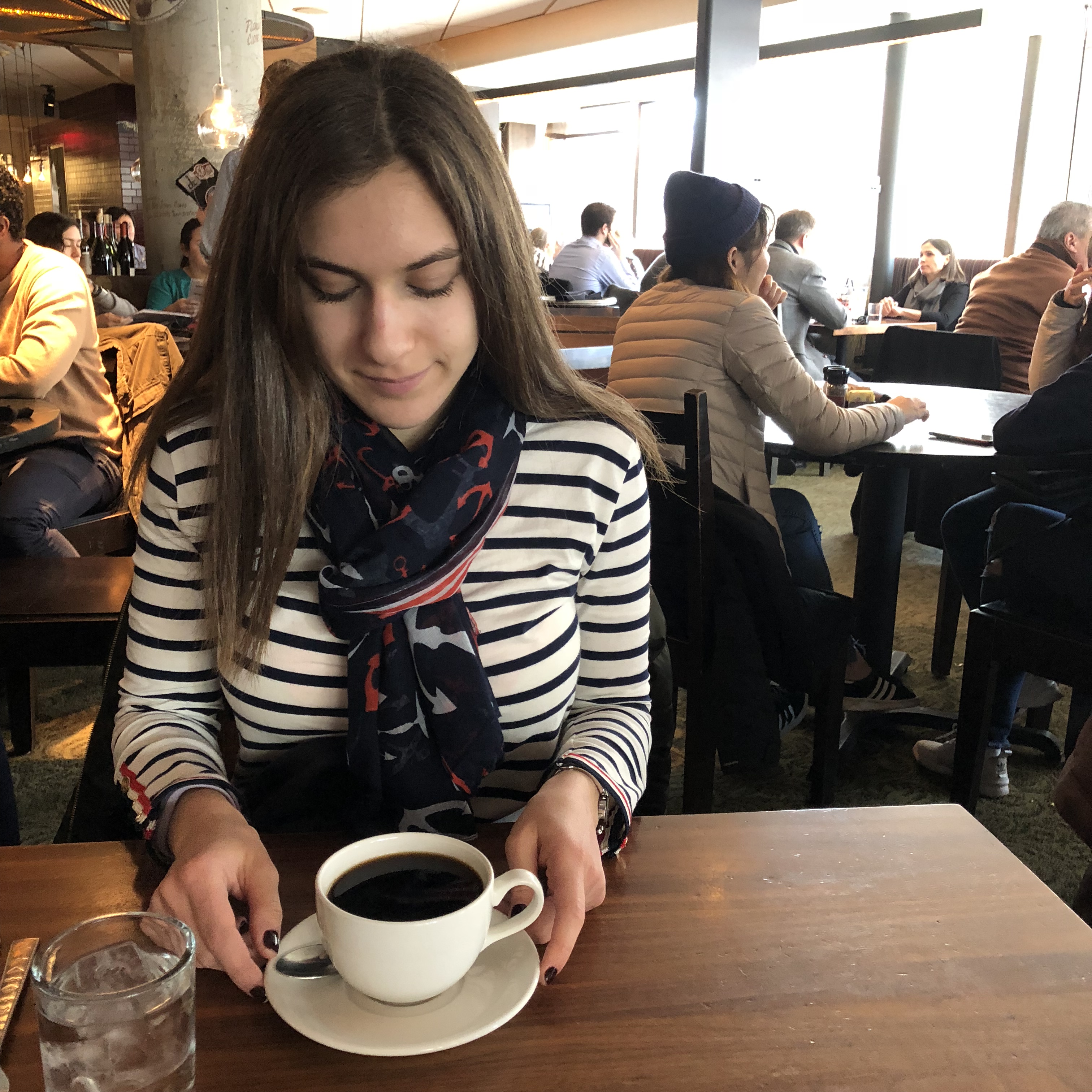
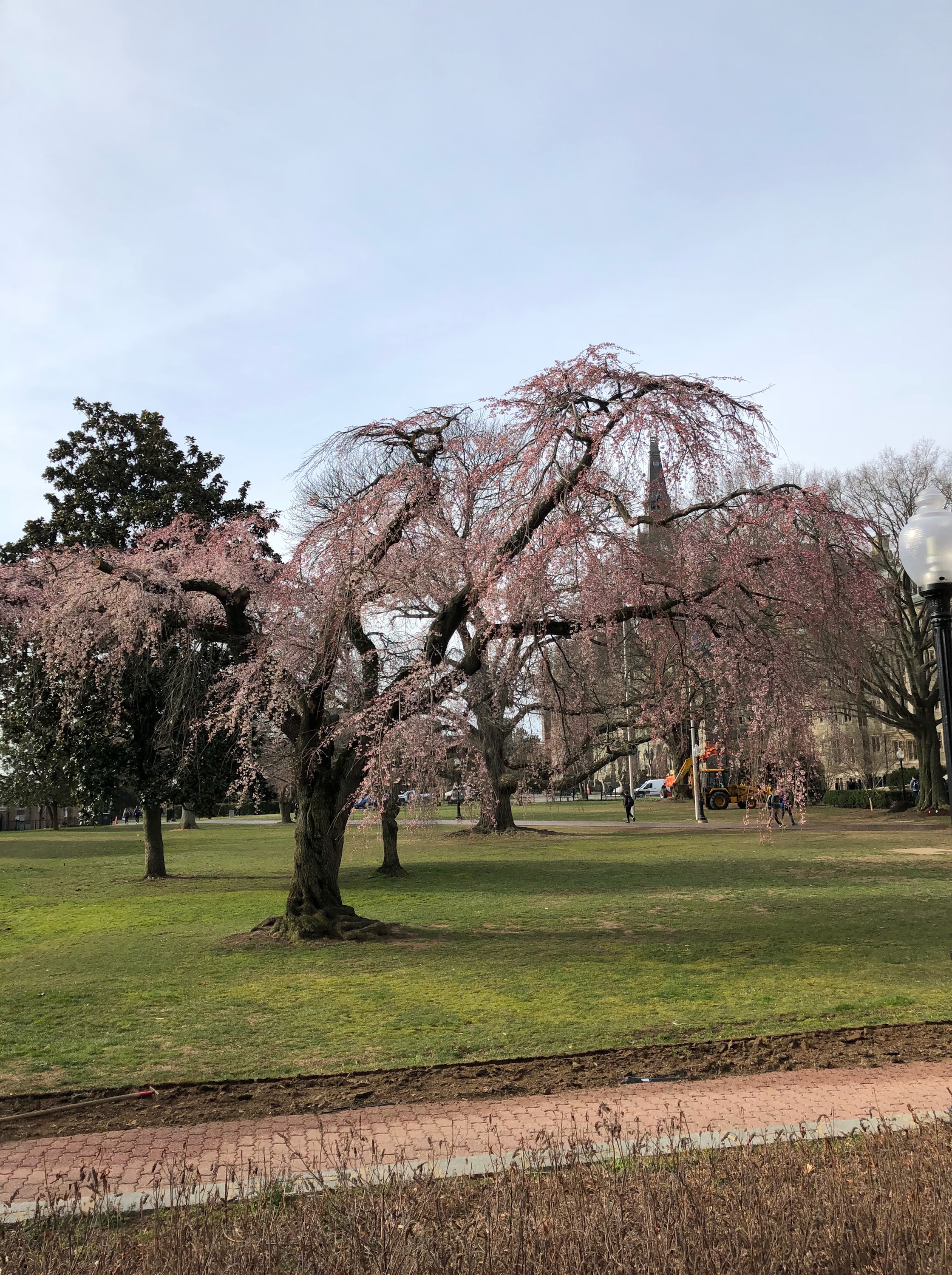

Thank you for sharing these tips. My husband struggles with anxiety and he could definitely use some extra tools.
Oh San of course! Thank you for your comment, and I hope these help your husband.
Great article!
Just wanted to five my top 3 stress-busting tips!
1 – Meditate – as much or as little as you have time for. It has helped me through some tough times.
2 – Yoga & Cardio Exercise – I can’t think straight without raising my heart rate for at least 30 mins per day.
3 – Avoid Social Media – You know it’s true…haha! Living your life waiting for “likes” is the best way to increase stress IMO!!!
Hope this helps some of your readers.
Keep up the great work!
Matt recently posted…A cure for stress? – Are there really any benefits of weighted blankets???
Love all of these and totally agree. Thanks, Matt!